Blog

It’s hard to believe that the first month of 2022 is already in the rearview mirror, but the same way that time keeps moving along, the DtC wine shipping world continues to change. With more states implementing DtC shipping options — and some that took a step in the other direction — it can be […]

As the direct-to-consumer (DtC) beverage alcohol shipping market continues to grow, spurring more interest in the market, there has been a recent rise in, as it’s called, “three-tier DtC shipping” services. In this arrangement, a beverage alcohol supplier—a winery, brewery, distillery, importer or other supplier who might be looking to establish their own DtC program—works […]

This January, Sovos ShipCompliant released the 2022 Direct-to-Consumer (DtC) Wine Shipping Report with our partner, Wines Vines Analytics. The report is the most comprehensive, complete and exclusive collection of data and insights on the state of the industry. Wine shipments to consumers reached a record $4.2 billion in 2021, meaning this is a fantastic time […]

By Zach Kamphuis, Vice President of Business Development at Commerce7 October, November and December represent the best direct-to-consumer (DtC) sales months for many wineries. With the 2021 holiday season now behind us, how can wineries capitalize on the new customers gained through the past months and avoid falling into a post-holiday sales slump for DtC […]
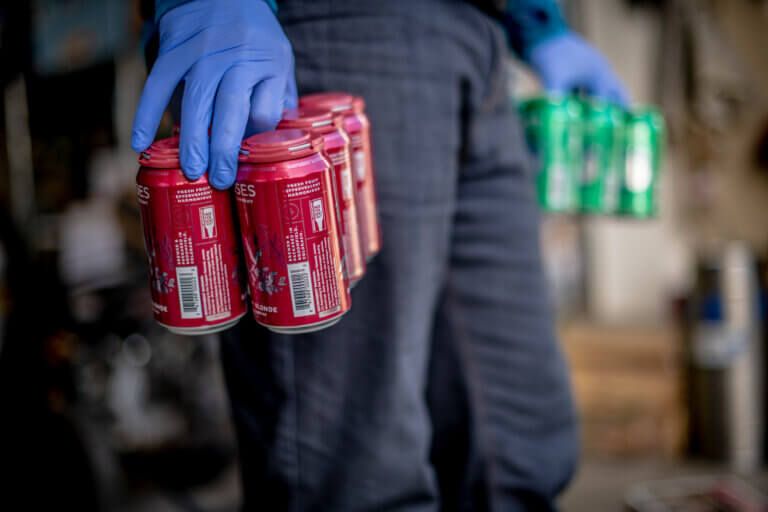
Near Beer registrations have robust 55% growth from Q3 2021 The final months of 2021 saw some fluctuations from recent beverage alcohol brand registration patterns. This is not a complete surprise, as the industry is putting a cork in the second year of doing business and introducing new brands in a pandemic-influenced marketplace. For example, […]

As interest in the direct-to-consumer (DtC) alcohol shipping market has grown, a number of third-party servicers have popped up promising to support the market. These services range from marketing platforms to online storefronts to logistical support, everything that a winery, brewery, distillery or other prospective DtC shipper will need to deal with once they’ve come […]
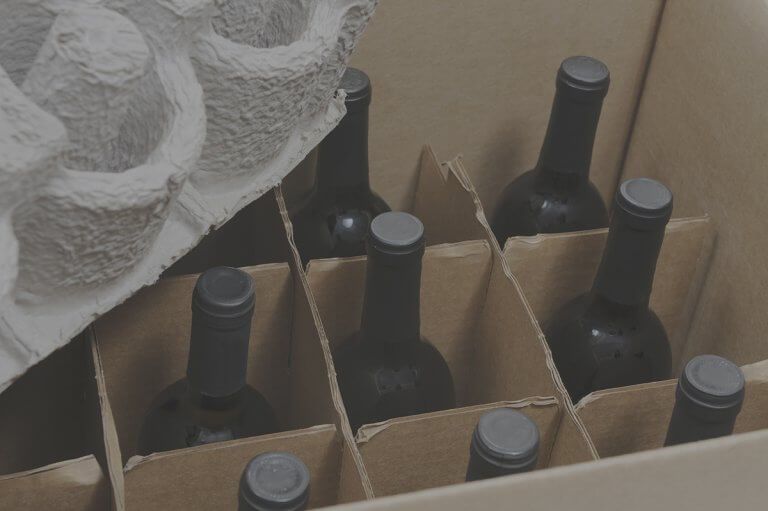
Businesses in the beverage alcohol space can ship alcohol to consumers, but key rules and regulations apply It’s a common question to wonder if it is legal to ship alcohol. The short answer is, yes! The longer and more in-depth answer is, yes, but there are important laws to follow along the way. That’s why […]
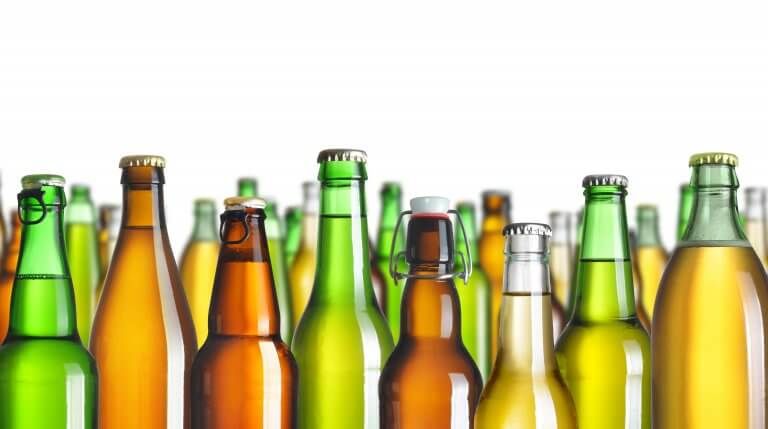
The first step in bringing a new beverage alcohol product to market, whether for sale through the three-tier system or by direct-to-consumer (DtC) shipping, is registering it with the Alcohol and Tobacco Tax Bureau (TTB). This must happen to get a Certificate of Label Approval (COLA), which ensures that suppliers and producers comply with federal […]

As 2021 comes to a close, perhaps there is small comfort in knowing that the old adage of “the only constant is change” remains true for beverage alcohol. Rules and regulations on direct-to-consumer (DtC) shipping are adjusted, more states are opening options for DtC shipping and economic nexus continues to impact how suppliers, shippers and […]

By Robert M. Tobiassen* As I write this, we honored soldiers and veterans last month on November 11, Veterans Day in the United States and Armistice Day in much of Europe. It is fitting to focus on another type of devastating conflict—the trade war. First and foremost, however, please do not interpret this comparison to […]

Whether your organization is just starting out in the direct-to-consumer (DtC) wine shipping channel or you’ve been established for years and are looking to expand into new markets, it can be a challenge to know which states to enter. It’s important to have a sense of the potential return on investment (ROI) before selecting a […]

Direct-to-consumer (DtC) shipping compliance has many nuanced regulations that shippers must be aware of as they look to expand their business reach. But what happens when you’re trying to integrate your ecommerce approach? Is there a way to streamline your DtC wine shipping compliance when using ecommerce solutions like Shopify? The short answer is: yes! […]

Like other alcohol producers, sake brewers are increasingly interested in the direct-to-consumer (DtC) shipping market to better connect with their consumers. While the laws governing DtC shipping of sake are fairly straightforward, broadly following the rules for shipping other product types, it is complicated depending on how each state defines sake itself. No state’s DtC […]
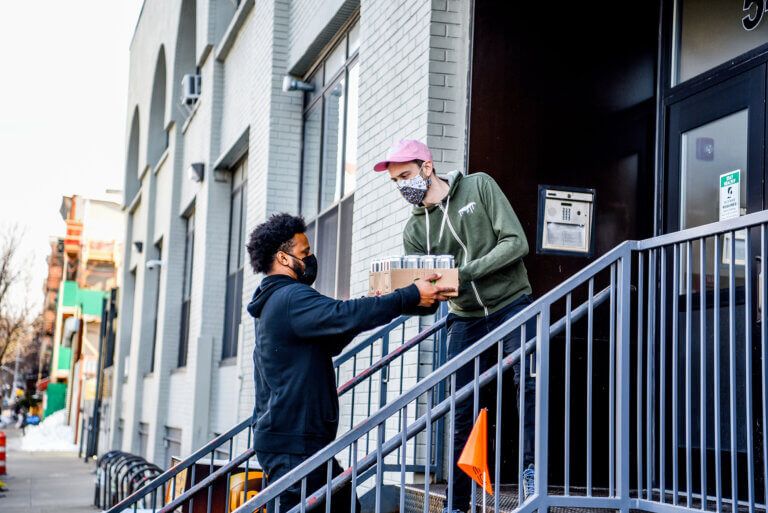
Retailer direct-to-consumer (DtC) shipping still has a way to go in terms of being as widely accepted as DtC wine shipping. However, there has been continued interest in making that a reality. Sovos ShipCompliant keeps a close watch on the latest updates in the beverage alcohol industry, and we’ve gathered a few of the top […]

Fall is here and the wine direct-to-consumer (DtC) shipments landscape has adapted to the “new normal” of the pandemic. Staying mindful of marketplace data will ensure the industry can properly adjust to any ebbs and flows, helping wine producers, retailers and consumers alike. Nielsen is collaborating with Wines Vines Analytics and Sovos ShipCompliant to provide […]

Sparkling product registrations leads the way, with 23% spike in Q3 2021 As the summer months wind down, beverage alcohol consumers are not halting their buying patterns. While the third quarter of 2021 saw decreases in new product registrations when compared to Q2, numerous categories show continued increases over the last year, largely in wine […]
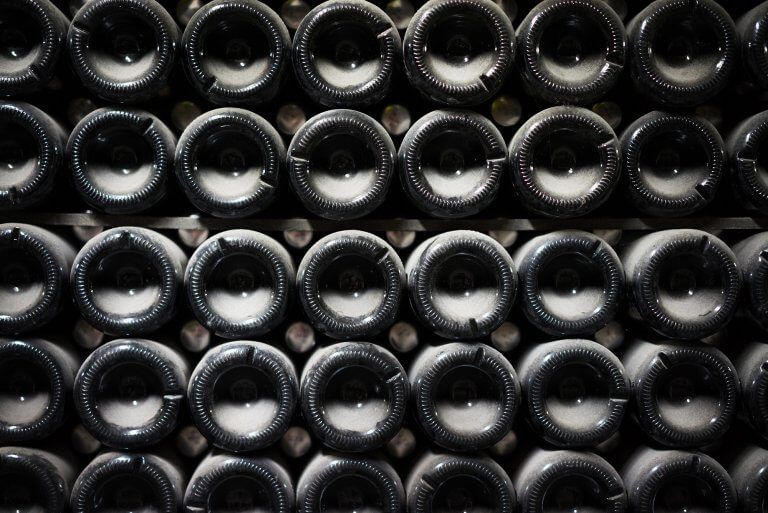
Direct-to-consumer (DtC) alcohol shipping laws vary from state to state, and that fact holds true for importers looking to enter the DtC business. While importers can be treated similarly to other members of the “supplier” tier (e.g., wineries, breweries), they are often treated differently in federal and state regulations. Because of how DtC shipping laws […]

By Tom Wark, Executive Director, National Association of Wine Retailers The effort to open more states for interstate wine retailer-to-consumer shipments is multi-pronged. One prong—perhaps the most important—is the effort to overturn discriminatory state laws by using the federal courts to challenge state laws that violate the U.S. Constitution’s dormant commerce clause as well as the […]